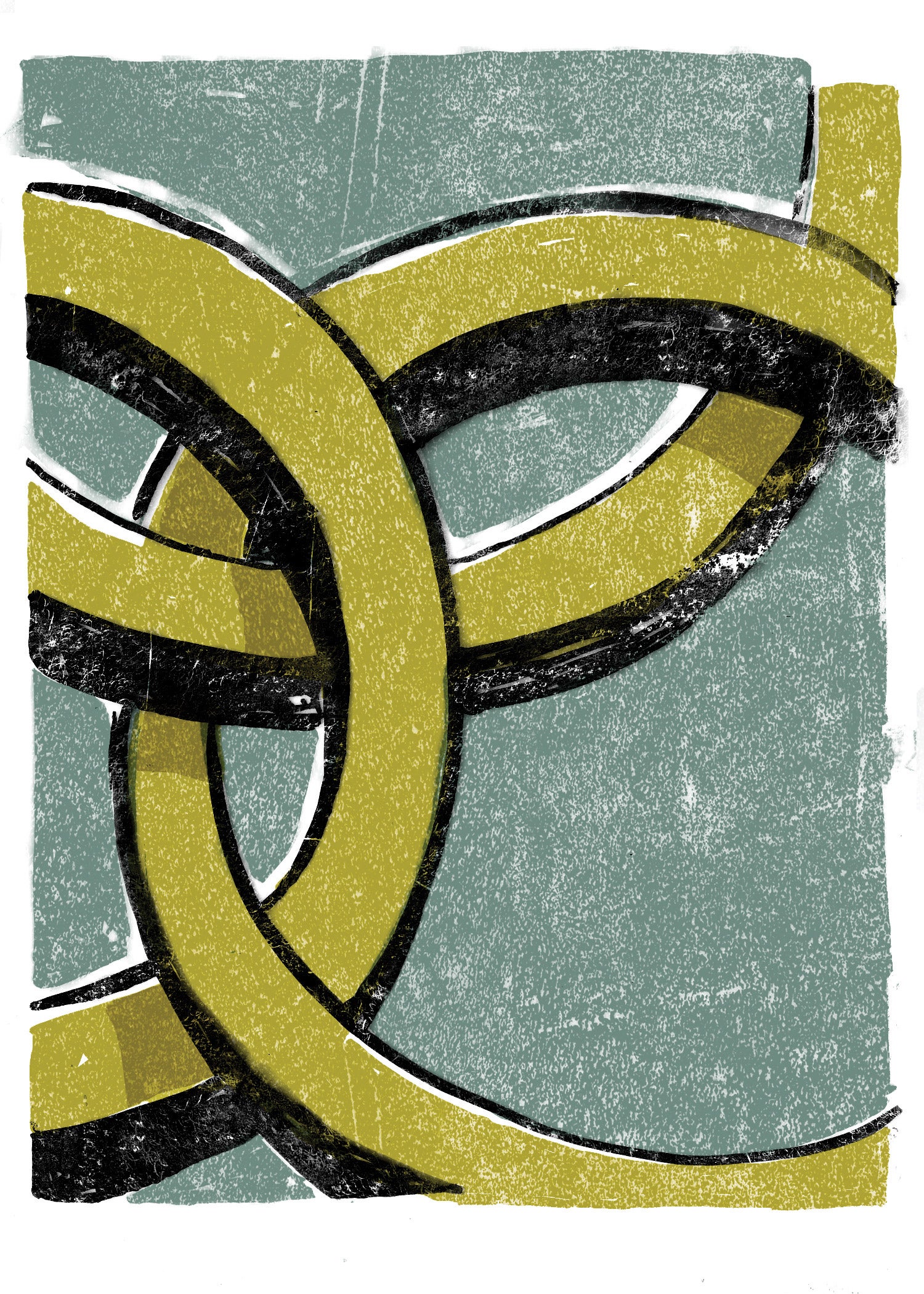As a 3L at Yale Law School in the mid-1960s, Charles Donahue studied a series of decisions by Pope Alexander III (1159-1181) that became the basis of marriage law in Western Europe for the next three centuries. At the time, he didn’t realize how they would come to rule his own life.
In March, Cambridge University Press published “Law, Marriage, and Society in the Later Middle Ages,” Donahue’s study of how Alexander’s rules filtered down into the ecclesiastical courts and societies of York, Ely, Paris, Cambrai and Brussels—the culmination of the intellectual journey that he began four decades ago.
After law school, Donahue spent a few years in practice, including a stint during the Vietnam War as a legal adviser in the Air Force. Realizing that his true interest was legal history, in 1968 he secured a teaching position at the University of Michigan’s law school. In 1980 he joined the HLS faculty, in no small part because he recognized that the university’s extensive library would be invaluable for his research on medieval marriage law.
Donahue dug through court records in Europe, and particularly in York, England, where the survival of depositions allowed him to peer into the lives of “ordinary Yorkshire men and women of the 14th and 15th centuries talking (and arguing) about what happened between John and Joan,” he says. Donahue has been discussing these cases in some of his Harvard courses for the past 20 years. “It’s a wonderful topic to teach,” he says, “because it’s really timeless. Men and women have been falling in love and getting in messes for centuries.”
Even if marriage is timeless, the field of marriage studies has changed a great deal since Donahue dove in. In the 1960s, the standard text for historians of marriage was a book that had been published in 1904. “Since that time there’s been an absolute explosion of people writing social history of medieval marriage and the family,” he says. And Donahue, of course, has changed as well. “Romeo and Juliet,” the subject of his bachelor’s essay at Harvard, was once his favorite Shakespeare play. Not anymore. The legal records he’s been studying include “many Romeo and Juliet stories,” but after all of these years, he’s “not quite as romantic.”
Now that his book is in print, Donahue feels both relief and sadness. Putting the finishing touches on a 696-page volume with hundreds of additional pages of digital footnotes was a long slog. “There is nothing quite so compulsive as a pretty compulsive guy worrying about whether the copyeditor put the comma in the right place,” he says. And he’s eager to move on to his next project—the 14th-century volume of “The Oxford History of the Laws of England.” But he’s not yet ready to leave Alexander’s rules behind. “There’s a book about how the law got to be the way it was,” he says. “If I live that long, I hope to be able to publish that book.”
